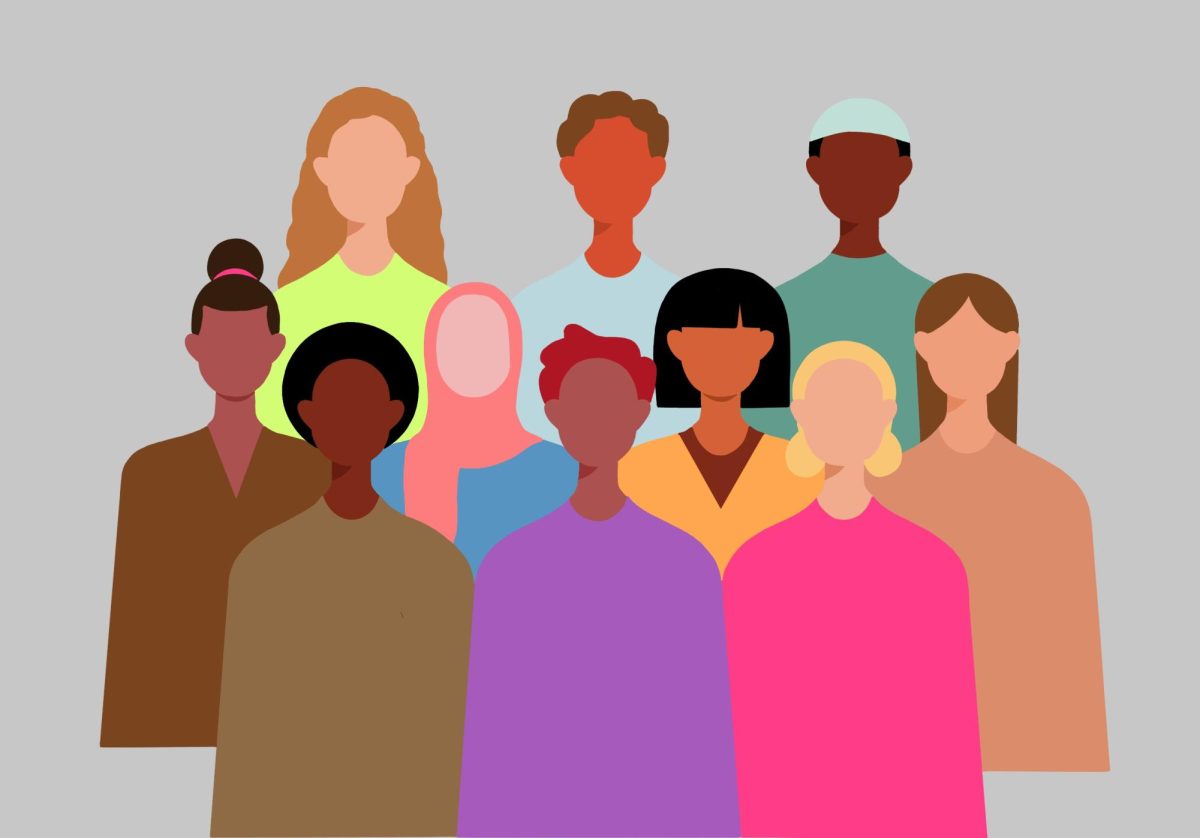As a student of color, I have often felt an added pressure to be the one to broach issues of diversity and equity.
It can feel like it is my responsibility to speak up, my responsibility to lead the way and my responsibility to present these concerns in a way that makes everyone else feel comfortable.
Especially in spaces where I am the minority.
This feeling can also be defined as “respectability politics,” the idea that those with marginalized identities need to present themselves and their demands to fit within the norms and culture of the dominant or majority group.
However, this should not just be on me, or any other student with a diverse identity.
Simply relying on individuals from marginalized groups to carry this responsibility is unfair, can create extra labor and eventually lead to burnout.
At the University of Minnesota, several cultural student organizations work to provide space for students of that culture and promote diversity and awareness campus-wide.
Adella Mulawarman, a second-year student and the advocacy chair for the Chinese American Student Association (CASA), spoke about how difficult it can be for students of diverse backgrounds to call out problems.
“I think a lot of people of color find themselves in situations where they feel like they are supposed to take charge,” Mulawarman said. “We have to defend our identities as something that is worthwhile and worthy of being acknowledged.”
Mulawarman said this sole responsibility can take a toll and should be shared amongst the whole University community.
“I think it can feel really degrading in these social situations, where, as a person of color, you have to bring up things in a respectable way,” Mulawarman said. “When it comes to things like talking about diversity or initiatives about diversity, I don’t think it should be limited to just people of color or other people who identify with marginalized groups or identities.”
As advocacy chair for CASA, Mulawarman makes it a point that all students feel included in their initiatives. She said she believes university is the time for students to learn about and explore different cultures.
“No cultural student group or organization I’ve ever attended ever made me feel ostracized in any way,” Muluwarman said. “I feel like, especially just here at a university campus, now is really the time to kind of practice getting out of your comfort zone and also recognize the importance of it.”
Baanee Singh, a third-year student and the president of the Sikh Student Association, said their organization’s goals provide a space for Sikh students while also raising awareness and sharing their culture.
“Our goal is to just have a place for Sikh students on campus,” Singh said. “But also, all our events are open to anyone. We actually make it a point to invite as many people as we can, from diverse backgrounds.”
Singh said although cultural student organizations do their part, it should not be solely their duty to lead diversity and inclusion efforts.
“Achieving any kind of diversity, equity and inclusion at the University is more of a concerted effort between everyone,” Singh said. “It’s not just the cultural student organizations’ part. It’s not just the colleges’ part. It is everyone’s duty and everyone’s effort to provide that help and provide that community.”
It is no secret that the University is a predominantly white institution. Although many cultural and minority groups exist here, there can be a difference between feeling allowed to exist and feeling unequivocally supported and uplifted.
It is one thing to be allowed to take up space, but ideally, you would be encouraged to take up space.
From her experience with CASA, Mulawarman recommended several ways she feels the University could better support its cultural student organizations outside of what the Student Unions and Activities Department currently provides.
“I think a lot of cultural groups have to rely on our own marketing to get anything out there,” Mulawarman said. “I think it would be really helpful if there was even a webpage or something that the University could then broadcast all the different events and initiatives that are going on. This would help boost the platform of these student organizations that aren’t directly controlled and heralded by the University.”
It is a lot easier to create a “call to action” when you are the one the action is affecting. Diversity should not just be my responsibility or the responsibility of student cultural organizations.
Diversity is the responsibility of everybody, and this responsibility not only includes creating change but also celebrating and uplifting the cultures of those around you.














